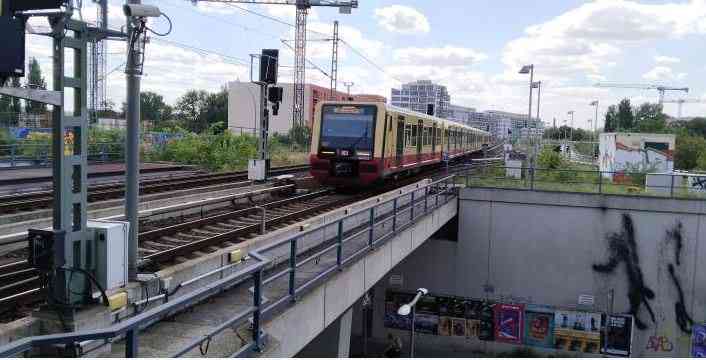×
The Standard e-Paper
Home To Bold Columnists

To Kenyans, Berlin is probably the most famous of all European cities.
It keeps recurring in our history as the venue of conferences that partitioned Africa from 1884 to 1885.